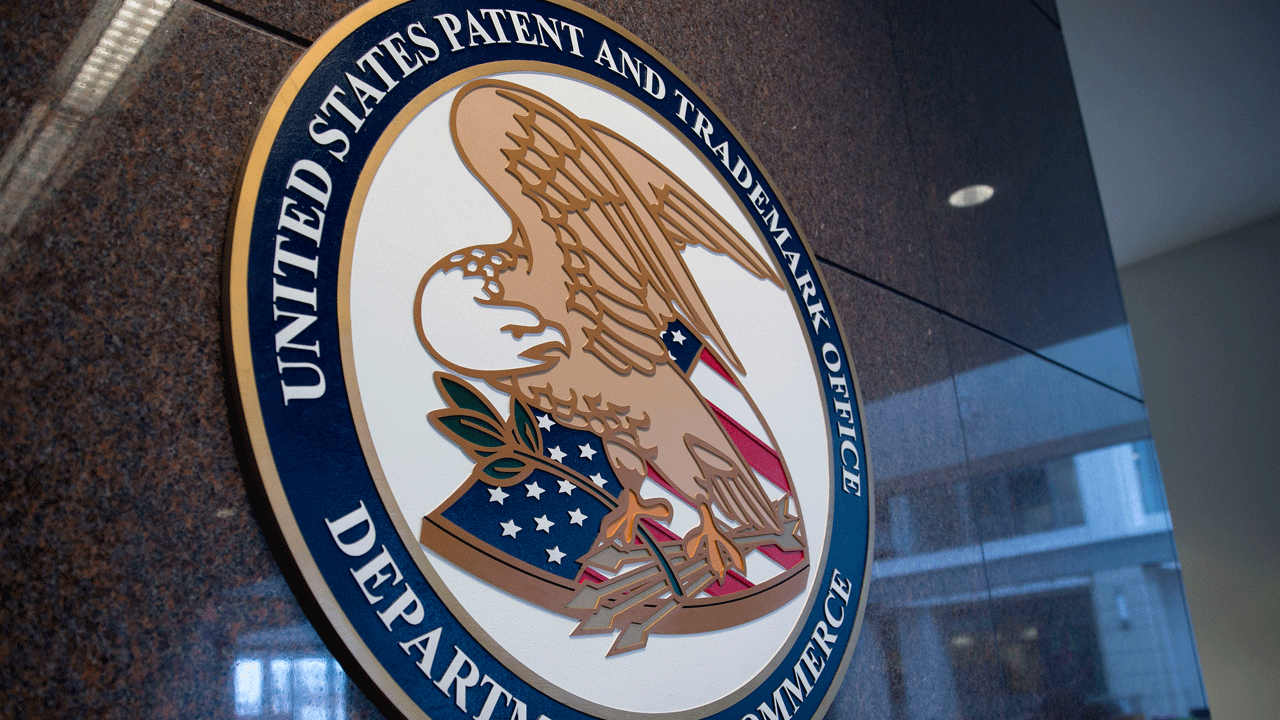A new report by the Federal Trade Commission sheds light on companies that game the patent system, boosting claims by many in the tech industry that such firms—commonly known as “patent trolls”—employ shakedown tactics.
Published on Thursday, the 269-page report titled “Patent Assertion Entities: An FTC Study” is based on an investigation into how the patent firms operate, and offers a detailed look at their business model, which typically involves purchasing old patents and then assigning them to shell companies that file lawsuits.
As the FTC explains, the business model works because the lawsuits are expensive to defend and because the shell companies don’t produce anything, which makes them immune from counter-suits. According to the agency, “the behavior of Litigation PAEs is consistent with nuisance litigation.” (Terms like PAE are more polite terms for “patent troll.”)
The FTC reached its conclusions after investigating 256 PAEs, whose ownership and finances are opaque to outside parties. The agency discovered that PAEs typically demand $300,000 to settle a lawsuit—or just a little bit less than it would cost a company to engage in the early stages of mounting a defense.
Based on its findings, the FTC makes an important recommendation: It’s time to change the rules around the discovery process, which is used by parties in a lawsuit to obtain documents and evidence.
The discovery process is incredibly expensive for patent defendants, and PAEs use it to gain leverage for a settlement. This situation, the FTC says, means the rules should change allow a defendant to get early rulings on the case before being dragged into discovery. Such a change could eliminate the economic asymmetry that causes many companies to settle rather than defend a lawsuit, and has been the key pillar of the patent trolls’ business model.
The agency, which notes that a disproportionate amount of patents used by PAEs are related to computers and software, also proposes other key changes to the patent system:
- Forcing NPEs to reveal who owns them (the opaque shell company system has long been a frustration) for targets of patent trolls
- Stopping NPEs from suing a manufacturers’ customers, which is a tactic some trolls use to gain leverage over companies
- Making NPEs be specific about how a defendant infringes their patent rather than
The report’s executive summary also notes that an alternate reform favored by PAEs—which is based on changing the requirements for so-called “demand letters”—would be ineffective.
Get Data Sheet, Coins2Day’s technology newsletter.
The report is likely to provide new ammunition for tech companies and retailers, which have been calling on Congress for years to address the problem of patent trolls. While President Obama signed a patent bill called the America Invents Act in 2011, the law fell well short of what reform advocates demanded. A more comprehensive bill that enjoyed bipartisan support fizzed out early this year after intense lobbying pressure from patent owners.
Charles Duan, an attorney with the non-profit advocacy group Public Knowledge, tells Coins2Day that the new report validates many people’s criticisms of the patent system.
“The report provides substantial factual basis for what people have known all along: that patent assertion entities take advantage of a legal system in dire need of reform, and manipulate that system for personal profit at the expense of industry and the public,” says Duan, adding that the FTC will not be able to implement reforms on its own.
If Congress takes up the FTC’s recommendations, it could prove an economic blow to companies like Intellectual Ventures, which have amassed thousands of patents and asserted them through shell companies.
Meanwhile, the courts are subjecting patents to new scrutiny as, in recent years, the Supreme Court has issued a series of rulings that have made it easier to challenge bad patents. And last week, a judge on the country’s patent appeals court described software patents as “a deadweight on the economy.”












